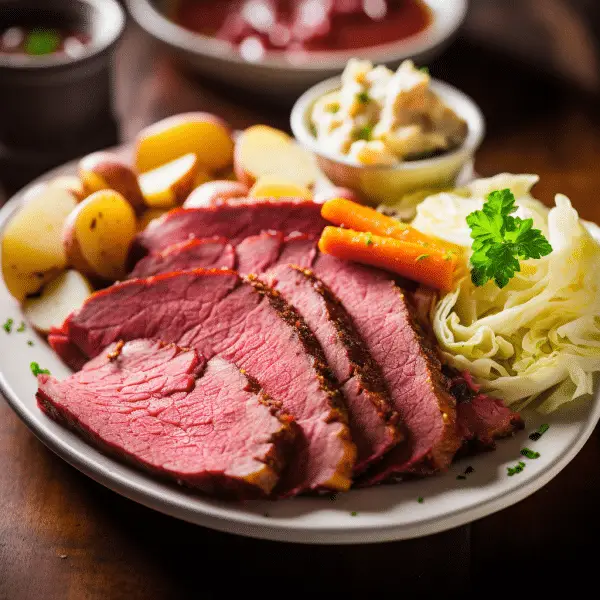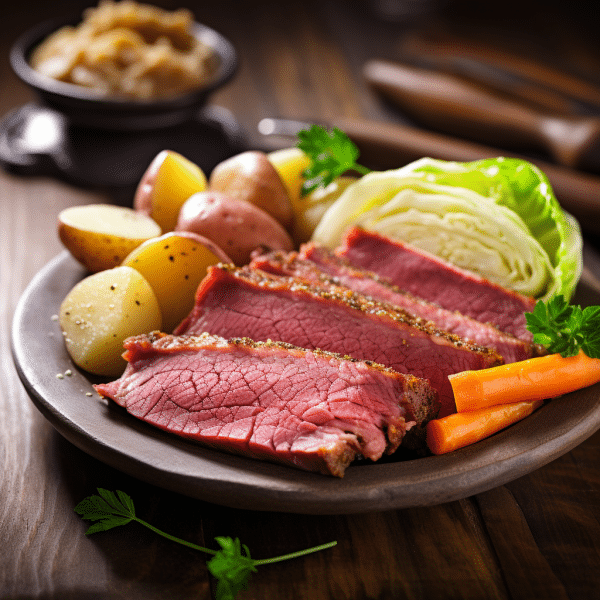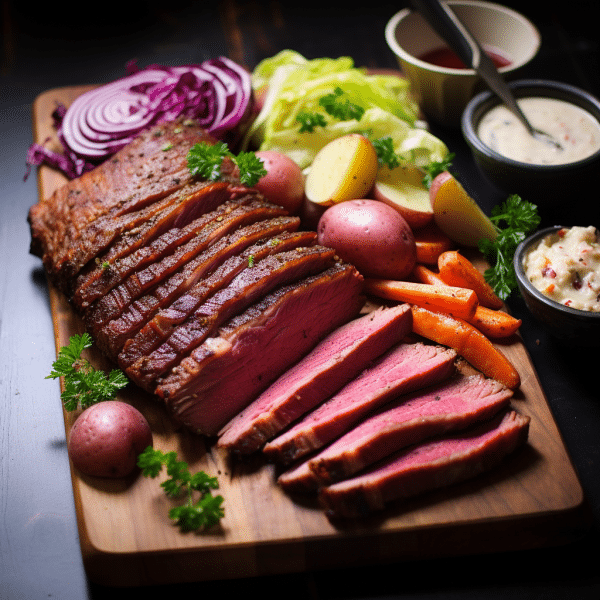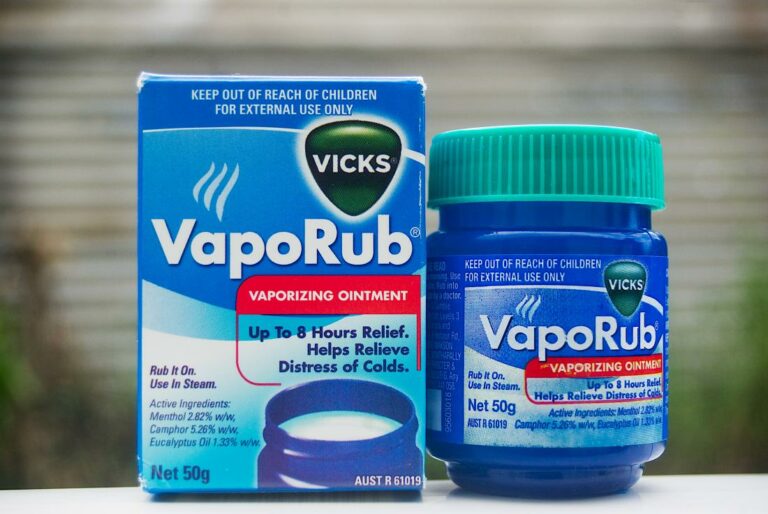Is corned beef safe during pregnancy? During this sensitive period, consuming any food requires careful consideration.
Corned beef offers high protein but poses risks like bacterial or parasite contamination. Pregnant women should consult a physician for dietary guidance, enabling informed decisions about eating corned beef. This raises the question:

Can You Eat Corned Beef While Pregnant?
It’s generally safe to eat corned beef in moderation during pregnancy, but there are important considerations to keep in mind.
The Risks of Eating Deli Meat During Pregnancy
Deli meats, including corned beef, raise concerns during pregnancy due to the risk of Listeria infection. This bacterium can contaminate these foods, posing dangers to both the mother and the fetus.
Listeria infection symptoms in pregnant women range from fevers and fatigue to potential neurological effects. The repercussions, if untreated, can lead to miscarriage, stillbirth, premature delivery, or even infant mortality.
While the chances of Listeria infection from deli meats are low, pregnant women are highly vulnerable to its severe consequences. Taking proactive steps to safeguard health becomes crucial for expectant mothers.
How to Safely Eat Corned Beef while Pregnant
It’s crucial to reduce the risk of Listeria infection by checking the expiration date of corned beef and cold cuts before purchase, ensuring freshness and safety. Store cold cuts in a refrigerator or freezer and avoid consuming those left at room temperature for over two hours to prevent bacterial growth.
To further guard against Listeria, heat all deli meats, including corned beef, to an internal temperature of 165°F. Refrain from consuming deli meats with mold or an unusual smell, as these may indicate spoilage. Despite these precautions, there’s a minimal risk of contamination, so stay aware of Listeria infection symptoms and seek medical advice if any arise.
Alternatives to Corned Beef When Pregnant
When it comes to finding substitutes for corned beef during pregnancy, there are numerous options that provide the vital nutrients a mother needs while minimizing the risk of contracting Listeria.
For example, freshly cooked poultry, beef or turkey is an excellent source of protein and a host of necessary vitamins for a successful gestation period. In addition, canned fish, like tuna and salmon, offer a plethora of beneficial omega-3 fatty acids which can help to foster healthy brain and eye development in the unborn child.
Plant-based protein sources like lentils, beans, and tofu provide essential nutrients, especially for vegetarians or vegans. Consult your healthcare provider to determine your nutritional needs and receive personalized guidance on the best dietary plan.

What Meats should You Avoid When Pregnant?
When considering meat consumption during pregnancy, it’s crucial to avoid raw or undercooked meats, including fish, poultry, and beef, to prevent potential harm from bacteria like Salmonella and E. coli. Cook meats to at least 165°F to ensure bacterial safety.
Processed meats like deli meats, bacon, and hot dogs are also discouraged due to their high sodium, preservatives, and increased risk of Listeria contamination. Additionally, leaving meat at room temperature for extended periods can promote bacterial growth.
Pregnant women should consult their healthcare provider for personalized nutritional advice and guidance on suitable dietary choices.






